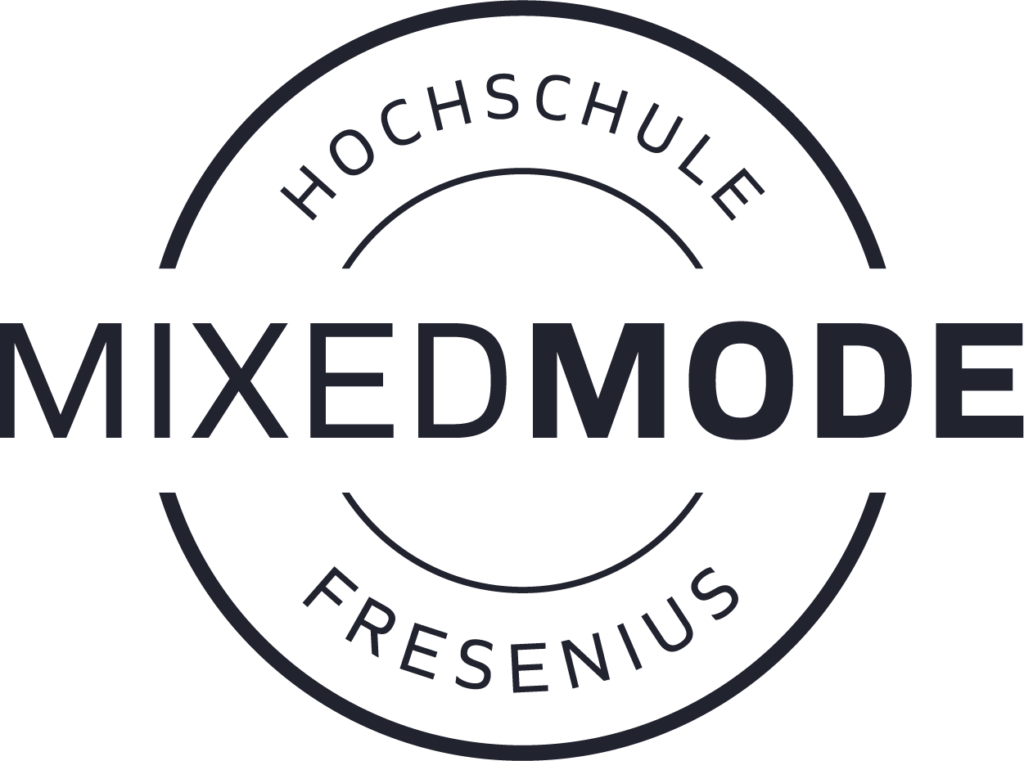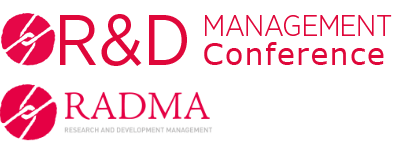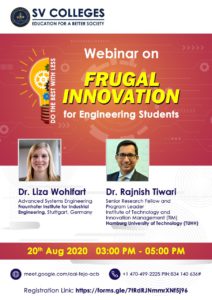On June 24, 2021, Dr. Rajnish Tiwari was invited to present key results of the “VISION” project at an online research colloquium of the Fresenius University of Applied Sciences (“Hochschule Fresenius”, “HSF”), which was attended by scholars from the university’s Faculty OnlinePlus spread across not only Germany but also outside. The colloquium was organized and moderated by Prof. Dr. Gudrun Glowalla, Vice-Dean Research, of the Faculty OnlinePlus of HSF.

Faculty OnlinePlus of HSF specializes in offerings of distance education and has recently introduced an innovative study format called, the Mixed-Mode, which combines elements of online “anytime, anywhere” education with targeted in-presence classes for specific topics. The Mixed-Mode does not have a fixed-semester and students can flexibly choose any one of the several study and examination centers for a specific module. The Ministry of Sciences in the Federal State of Hesse has officially recognized this format.
With this, the Mixed-Mode format and the blended learning it enables, seem to have several connections with the core findings of the currently ongoing VISION project, of which TUHH is a consortial partner (full project name: “Envisioning the Future of teaching and coaching for creativity, innovation and entrepreneurship” (ERASMUS+ project, grant number: 612537-EPP-1-2019-1-SI-EPPKA2-KA).

Empirical investigations conducted for the VISION, e.g. in the form of literature reviews, expert interviews, and stakeholder workshops, suggest that the digital transformation possesses an immense potential to promote creativity, innovation and entrepreneurship (CIE), which crucial to meet the challenges of SDGs, especially in the global South, and ageing societies in the global North. Life-long learning in a user-friendly, resource-savvy and effective manner is critical to achieving these objectives. Reskilling and upskilling of the workforce can be achieved in a highly individualized manner with low costs, high quality (e.g. through use of artificial intelligence, virtual reality etc.). The anytime, anywhere formats can substantially redurce the (opportunity) costs for learners while enabling significant economies of scale for providers of such education. Detailed results of the project were later presented at the R&D Management Coneference 2021.
For more information on the VISION project, see the project website and/or contact Dr. Rajnish Tiwari at TUHH. It is planned to cooperate with HSF to enable mutual learnings. Dr. Tiwari has also accepted a professorial position at HSF, where he is also excpected to stengthen this innovative teaching format with his expertise gained through VISION.





